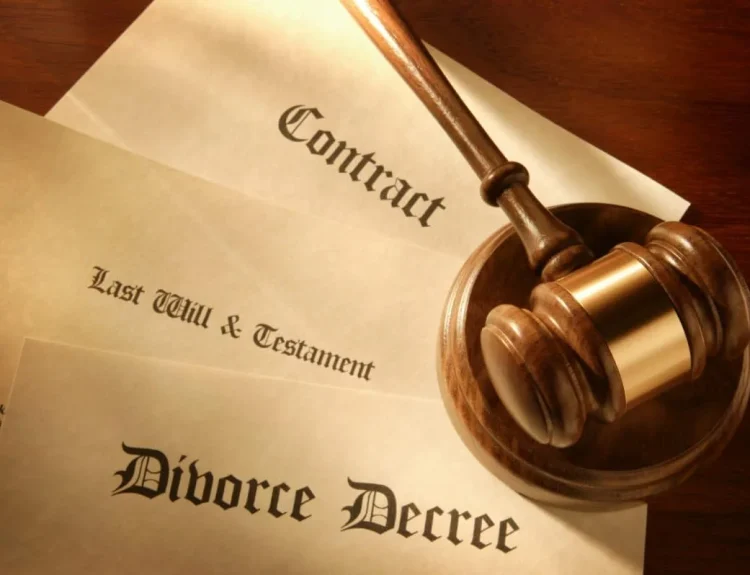King Charles has shown his support for research into the monarchy’s links with the slave trade for the first time, as an American historian unearthed a document revealing one of his predecessors had shares in a slaving firm.
Buckingham Palace said Charles took the issue of his family’s links to slavery ‘profoundly seriously’ after a ledger revealed King William III was given shares in the Royal African Company.
The document, which dates from 1689 and was found in a royal archive by Virginia-based historian Dr. Brooke Newman, shows a transfer of £1,000 of shares in the business to William of Orange from its governor, Edward Colston.
King Charles supports probe into royal family
The document proves William owned shares in the Royal African Company at the same time as he was building Kensington Palace, which became his home and is today the official London residence of the Princess and Princess of Wales.
Buckingham Palace did not comment on the document, published in the Guardian, but said the royals supported a research project into the monarchy’s connections to slavery.
A palace spokesman said: ‘This is an issue that His Majesty takes profoundly seriously.
‘As His Majesty told the Commonwealth heads of government reception in Rwanda last year: ”I cannot describe the depths of my personal sorrow at the suffering of so many, as I continue to deepen my own understanding of slavery’s enduring impact”.
‘That process has continued with vigour and determination since His Majesty’s accession.
‘Historic Royal Palaces is a partner in an independent research project, which began in October last year, that is exploring, among other issues, the links between the British monarchy and the transatlantic slave trade during the late 17th and 18th centuries.’
The palace spokesman added: ‘As part of that drive, the royal household is supporting this research through access to the royal collection and the royal archives.’
Historic Royal Palaces is the charity that manages some of the UK’s unoccupied royal palaces.
Colston, whose signature is seen on the document, was a wealthy merchant and philanthropist who was previously immortalised in a statue in Bristol before it was thrown into the city’s harbour during Black Lives Matter protests in June 2020.
While the King has previously spoken of the importance of Britain being ‘open’ about it’s role in the slave trade, the statement is believed to be the first time Buckingham Palace has openly stated it backs research into the royal family’s connections to it.






2 Comments